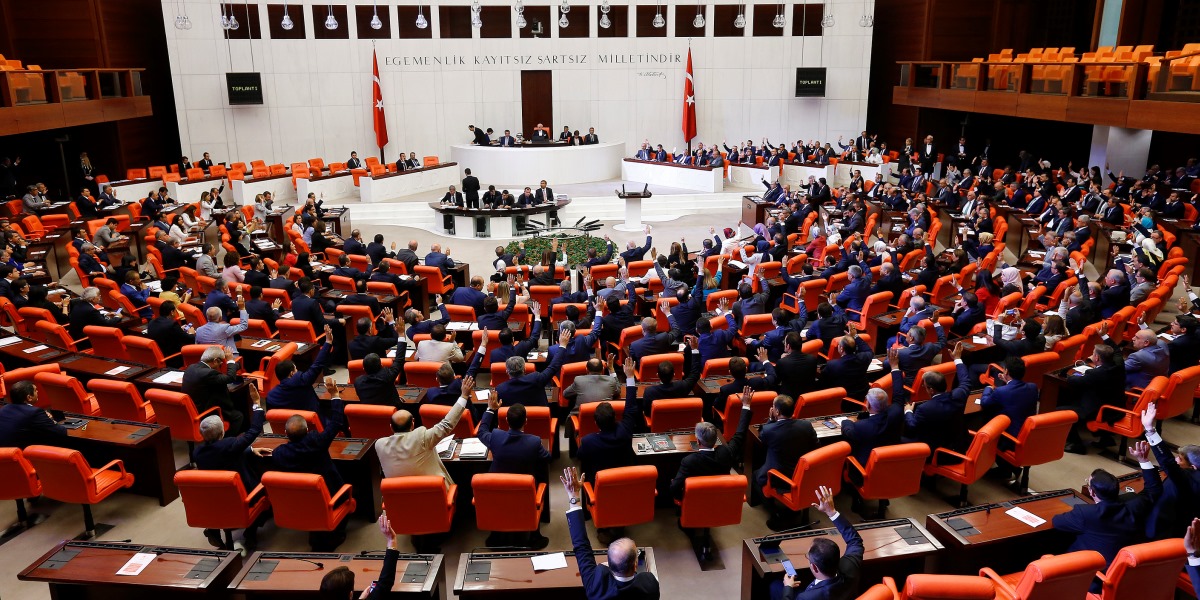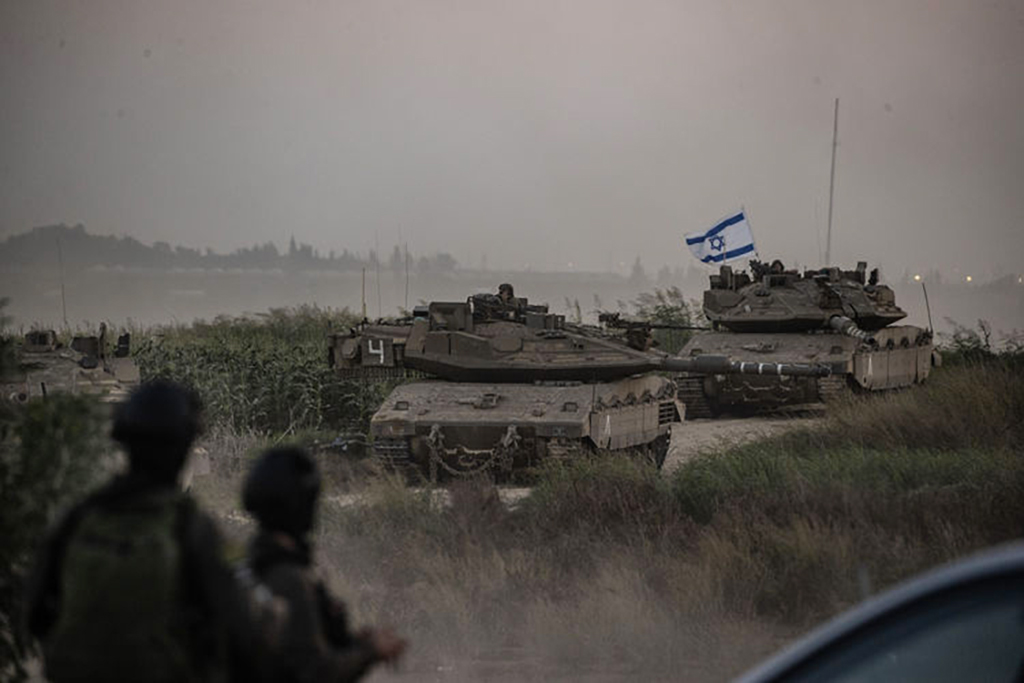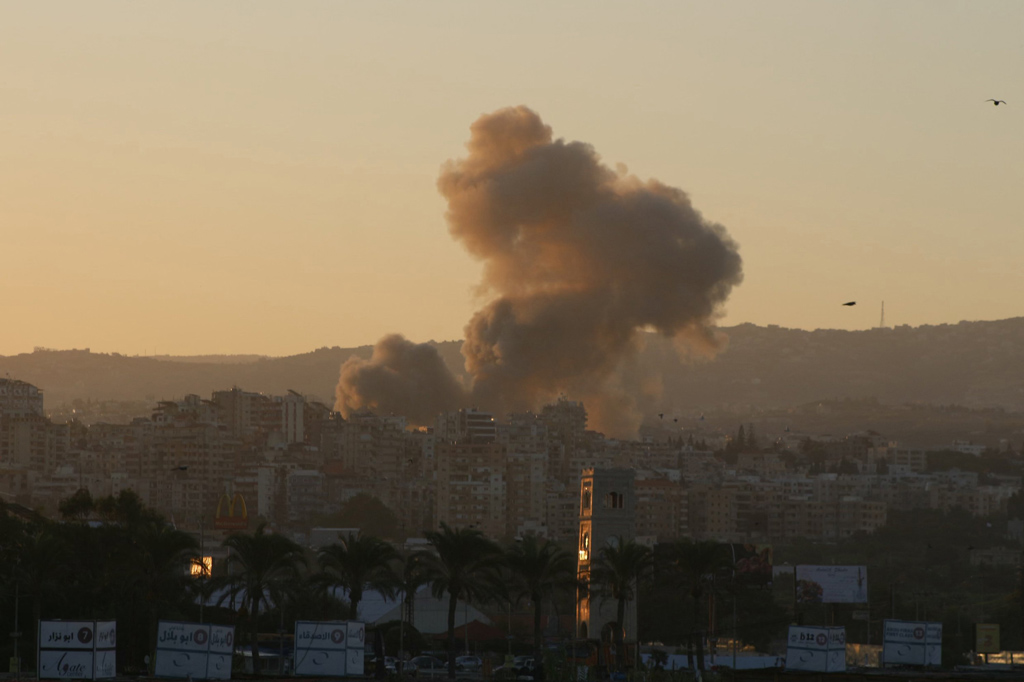Astate of emergency has been declared to fight the Gülenist Terror Organization (FETÖ), which lies behind the attempted coup of July 15. Implementing states of emergency is a method to which Western democracies resort in critical periods. Most recently, France and the U.S. have resorted to this method because of the Nice attack and black people's protests, respectively. A state of emergency was inevitable for Turkey in order to dissolve the junta that has high coordination within state institutions and that slaughtered civilians on the night of July 15. The single objective behind the expansion of state authorities with respect to investigations, detentions, arrests, security measures, the ban of civil servants from leaving the country and the prohibition of demonstrations is to urgently complete the liquidation of this structure, which was realized in 2012, and to execute rapid judgement regarding the cadres that have already been uncovered.
The Western media has been quick to confine the declaration of the state of emergency, which runs as a reflex of protection for the democratic rule of law, to Islamist authorization, President Recep Tayyip Erdoğan's empowerment through radical authorities and even Erdoğan's revenge. This attitude cannot be said to be limited to The Guardian or The Economist. German, British and American media are moving on the same line with several variations. From the first hours, the Western media labeled the repression of the attempted coup as "populist," jihadist" and even "fascist," and was troubled about "Erdoğan's empowerment." As such, it is not surprising that it raised its accusatory tone in the face of the declaration of the state of emergency.
The approach that marginalizes democratic and civil reaction could assume an orientalist and Islamophobic form that legitimizes the coup, saying that human rights are more important than democracy. After all, security and stability is a luxury for Middle Eastern peoples, let alone democracy. If there is a public initiative, it can only be the destructive power of the masses. This time, it accuses Erdoğan of destroying the democracy that the public protects by risking their lives. The Western media's distorted evaluation of the attempted coup has nothing to do with ignorance. This also goes for its last intentional attitude, which is completely operational. It has been realized that democratic and civil reaction to the FETÖ's attempted coup provides an opportunity to completely inactivate the authorization campaign aimed at Erdoğan. The reconciliation of the entirety of Turkish society against the attempted coup gives an opportunity to lessen the turbulence that has been experienced in domestic politics since the Gezi Park protests in 2013. Therefore, they want to destroy the existing reconciliation through the argument that Erdoğan seeks revenge, and keep the elected government in a controversial and fragile position. Moreover, they do not want opposition parties to lose their anger at Erdoğan.
The liquidation of the FETÖ not only means getting rid of a terrorist organization, it also means eliminating a handy lever that has a significant response in other initiatives that have been experienced over the past three years. Indeed, this junta structure has shown that it has such a strategic mind and international connections to trigger vulnerable points in Turkish politics and try to dominate them. The liquidation of the "parallel structure" that victimized people from all political segments, including Kemalists and leftists, will guarantee the future of Turkish democracy. This can be achieved only by protecting the existing reconciliation of politics. It goes without saying that the relief inside the country will open new spaces for Turkish foreign policy. As a requirement of democratic vigilance, it is time to foil the Western media's radicalizing and marginalizing campaign of creating perception and to reproach their misery of defining what goes against their interests as antidemocratic.
[Daily Sabah, July 25, 2016]









